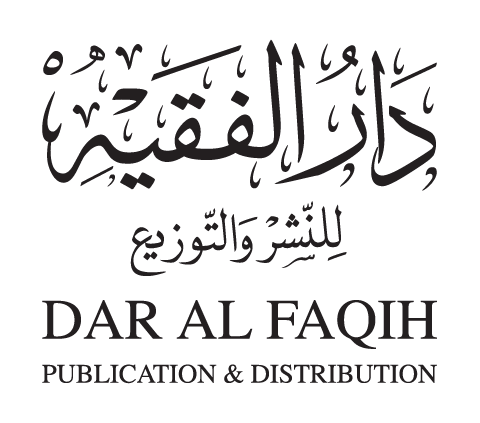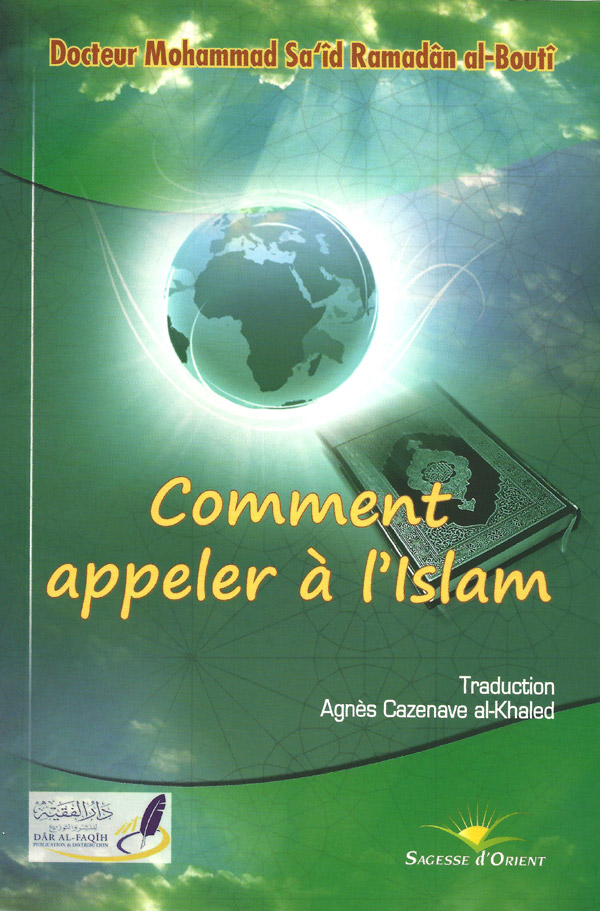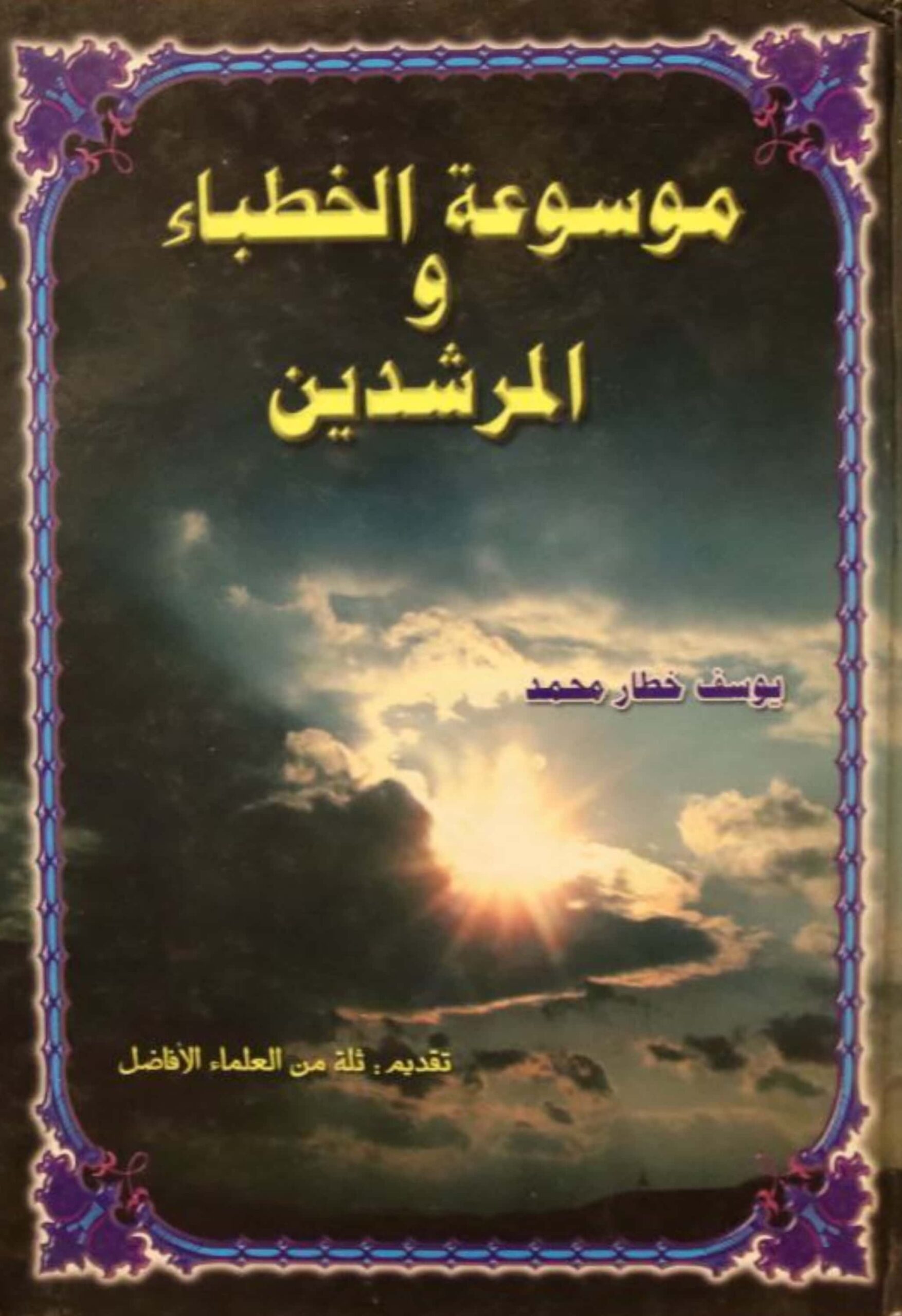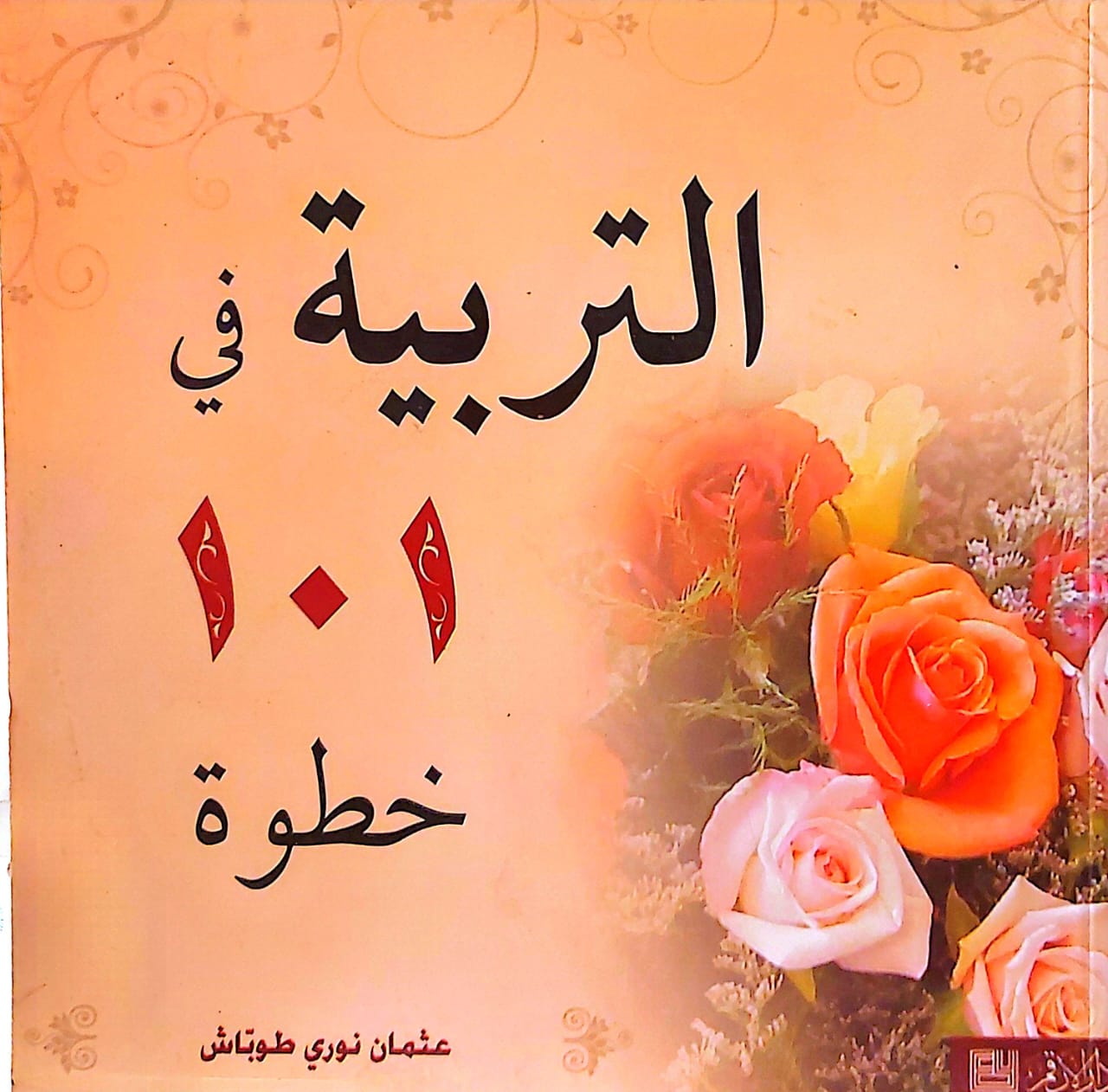- لا توجد منتجات في العربة.


“ROAD TO HARAM” is a saga of once in a lifetime pilgrimage (Hajj) in response to the call of holy Prophet Ibrahim pbuh, millenniums ago, to the first and most revered House of God on earth, K’aba in Makkah Mukarramah, and the adopted home of the Holy Messenger Muhammad pbuh, Madinah Munawarh (the luminescent).Both places are declared “HARAM” or “Sanctuary” i.e. immunity from any harm to life including beasts of prey, within prescribed precincts.Every Believer, with means must undertake this arduous journey, at least once in life, and Believers flock there from all corners of the earth, seeking Redemption, Forgiveness, Deliverance, Peace and Resurgence of their Faith and SpiritsOstensibly it is a physical journey performed as per ordained procedures and rituals, but it is the historical, intellectual and most of all spiritual aspect of the experience that is most stirring and can intrinsically transform one’s thinking and life for everIt is this awe-inspiring experience of feeling being in the Presence of The Almighty on the Day of Reckoning, and its impact which the poet has successfully attempted to reflect in this poem.In the words of Prof. Hafeez Taib, of Punjab University “it is such a masterpiece of knowledge and Belief; awareness and devotion; and command of words and simplicity, the like of which is not found in our literature. It is even difficult to determine, whether it is a travelogue of Hajj or a journey of one’s inner soul; whether a history or the portrayal of the Prophet’s (pbuh) life; or is it a philosophy of Hajj symbols and rites or a spiritual illumination?”“Is it a Vision of the Act, and Evolution of Creation; or a discourse on the ultimate purpose of life? Is this a Na’t (eulogy of the Prophet, pbuh), or an Angelic Invocation for Deliverance; is it a picturesque marvell in motion, or an Exercise in Similitude”.“In reality it combines all these qualities, but the most important of all is the ecstatic spirit running between the lines throughout the narration. It would be unfair, if not impossible, to impart a name to it”.
“ROAD TO HARAM” is a saga of once in a lifetime pilgrimage (Hajj) in response to the call of holy Prophet Ibrahim pbuh, millenniums ago, to the first and most revered House of God on earth, K’aba in Makkah Mukarramah, and the adopted home of the Holy Messenger Muhammad pbuh, Madinah Munawarh (the luminescent).Both places are declared “HARAM” or “Sanctuary” i.e. immunity from any harm to life including beasts of prey, within prescribed precincts.Every Believer, with means must undertake this arduous journey, at least once in life, and Believers flock there from all corners of the earth, seeking Redemption, Forgiveness, Deliverance, Peace and Resurgence of their Faith and SpiritsOstensibly it is a physical journey performed as per ordained procedures and rituals, but it is the historical, intellectual and most of all spiritual aspect of the experience that is most stirring and can intrinsically transform one’s thinking and life for everIt is this awe-inspiring experience of feeling being in the Presence of The Almighty on the Day of Reckoning, and its impact which the poet has successfully attempted to reflect in this poem.In the words of Prof. Hafeez Taib, of Punjab University “it is such a masterpiece of knowledge and Belief; awareness and devotion; and command of words and simplicity, the like of which is not found in our literature. It is even difficult to determine, whether it is a travelogue of Hajj or a journey of one’s inner soul; whether a history or the portrayal of the Prophet’s (pbuh) life; or is it a philosophy of Hajj symbols and rites or a spiritual illumination?”“Is it a Vision of the Act, and Evolution of Creation; or a discourse on the ultimate purpose of life? Is this a Na’t (eulogy of the Prophet, pbuh), or an Angelic Invocation for Deliverance; is it a picturesque marvell in motion, or an Exercise in Similitude”.“In reality it combines all these qualities, but the most important of all is the ecstatic spirit running between the lines throughout the narration. It would be unfair, if not impossible, to impart a name to it”.







